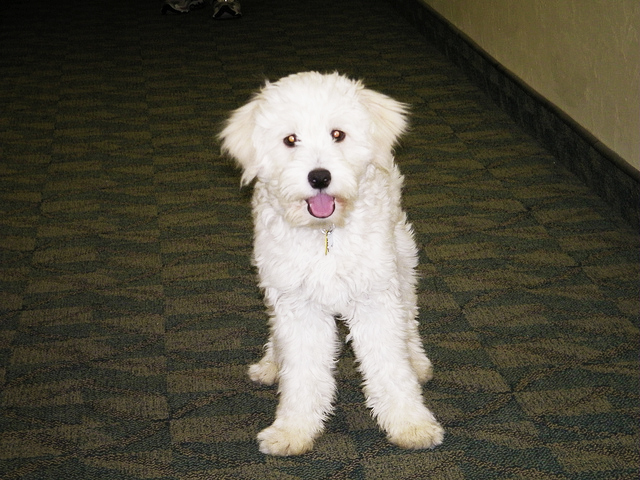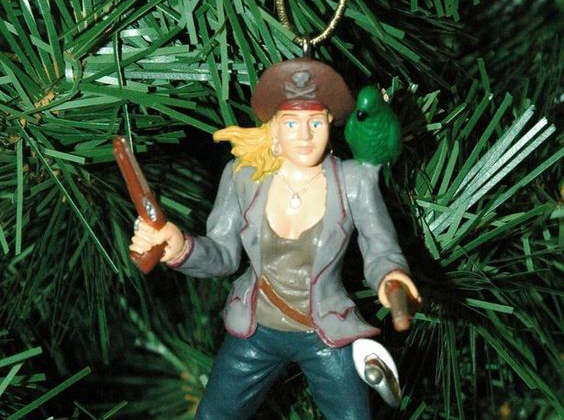Chelsea Werner-Jatzke
No one knows this dog. The last newcomer asks the new newcomer the question they were asked when they passed in the hall: Do you know this dog? Coming in or going out the answer is no. But they linger in the hall with this dog and their neighbors and the group grows and this dog wags its tail and this is the freedom of danger without consequences—this well-trained stray that nobody knows.
No one has any suggestions what to do with this dog besides feed it. So someone brings out some kibble and some wine and every one tells a story. About Los Angeles where people dump pets, unwanted or uncared for, in buildings that they know are pet friendly. About the last cat they had and how it found them. About the turtle they freed in a P-patch in Manhattan when their roommate neglected it. About this well-groomed dog that nobody knows and maybe it got lost.
Then it’s all, who knows more of the neighborhood dogs? And then they are listing all the neighborhood dogs. At first it’s a competition but finally it’s a commentary on the neighborhood and yes, the owner of the brindled pit and the tan bulldog’s walker and which is more do-able. Everyone follows the logic that the dog walker is more do-able because of the lower risk of running into each other everyday, and what’s so wrong with the familiar is that it’s boring. A number of the neighbors are high-fiving when someone enters the building and doesn’t know this dog.
Then someone calls the manager and she comes down with a bottle of wine and says, Isaac? and the dog looks at her and wags its tail. Then someone says, Lucy! and the dog looks at them and wags its tail. And each person in the growing group starts in with Lucky, Shooter, Patch, Tiger, Titus, Flipper! Flipper? Yeah, Flipper. Madison, Honey, Lucifer, Beyonce, Prince. And someone brings out a boom box with their cassette tape of Purple Rain and the dog is spinning around the entryway of the building between people though no one is calling out to it and never was since no one knows this dog.
The tenants bring their dogs out and prop open the side door, spilling into the parking lot. There are nine dogs and twelve beers and the cigarette smoke is drifting into the building and when someone inside complains the manager asks them if they want a dog. No, no one wants this dog—this wild beast pooping in the parking lot. So the manager says, “Maybe I will have a dog?” And she imagines this, this animal and her, an animal.
A window cracks on the third floor and the voice from it can hardly be heard and Prince yells back, my luck’s gonna change tonight / there’s gotta be a better life and the group toasts the building and invites the voice down, hoping for another joiner. The woman from 301 comes down and the manager thinks it can’t be, someone should have known a dog that’s lived in the building for four years, collar or no. She hopes that 301 is just coming down for a beer and that micro-chips are for the birds and the birds don’t mind—pay attention, they call—this is how one migrates, this is how one flies.
This dog sees his owner and the potential of the unknown hits a pitch and Prince hits a high note and the last beer is knocked over by Isaac’s tail as he rushes upstairs to his apartment. Prince is still playing and everyone feels stupid. No one recognized this dog but everyone recognized his comfort in a collar.
Chelsea Werner-Jatzke is a writer from NYC living in Seattle. She is a fiction editor at Pacifica Literary Review, co-founder of Till, an annual writing retreat, and Lit.mustest, a bi-annual reading series. She teaches continuing education at Seattle Central Community College and is, or will be, published in Everyday Genius, Pif, Psychopomp, Beecher’s Magazine, Tupelo Quarterly, Extract(s), Keep This Bag Away From Children, and elsewhere. Find her on Twitter at @CJWernerJatzke. chelseawernerjatzke.com.




